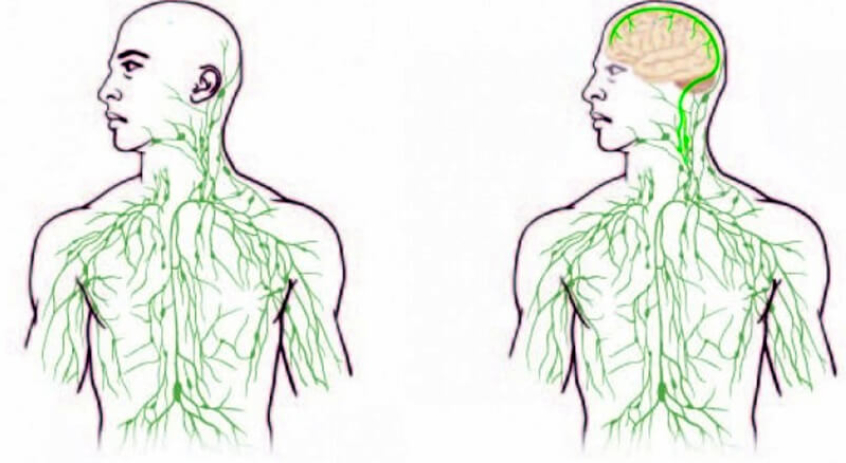
Brain disorders such as Alzheimer's disease, multiple sclerosis and autism may have cures soon after scientists recently discovered a direct link between the human brain and the body's immune system.
Neuroscientists from the University of Virginia uncovered so-called "lymphatic vessels" just beneath the skull connecting the brain to the immune system.
"These vessels were just not supposed to be there based on what we know," Dr. Jonathan Kipnis, who led the team of neuroscientists who made the discovery, said.
"I thought the body was mapped and that these discoveries ended somewhere around the middle of the last century. But apparently they have not," he added.
Before this discovery, the lymphatic or immune system was believed to end at the base of the skull.
The lymphatic vessels were supposedly entirely overlooked before because they were hidden behind a major blood vessel to the sinuses in an area of the brain that is quite difficult for imaging.
Dr. Kevin Lee, chairman of the University of Virginia's neuroscience department, believes the discovery of these vessels will change the medical field forever.
"The first time these guys showed me the basic result, I just said one sentence: 'They'll have to change the textbooks,'" Lee said in a statement.
For Dr. Kipnis' team, the next challenge for researchers is determining how the lymphatic vessels might be involved in diseases involving the brain and the immune system, such as Alzheimer's disease, depression, and multiple sclerosis.
"We believe that for every neurological disease that has an immune component to it, these vessels may play a major role," Kipnis said.
He also expressed hopes that his team's preliminary findings will pave the way for the development of treatments for more disorders involving both the brain and the immune system.
Other members of the scientific community are also excited about the discovery.
"With further research, the findings could help scientists to target inflammation in the brain, which is a factor in many neurological conditions," neuropathology professor James Nicoll of University of Southampton in England said.













